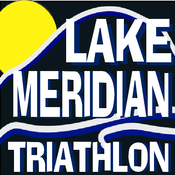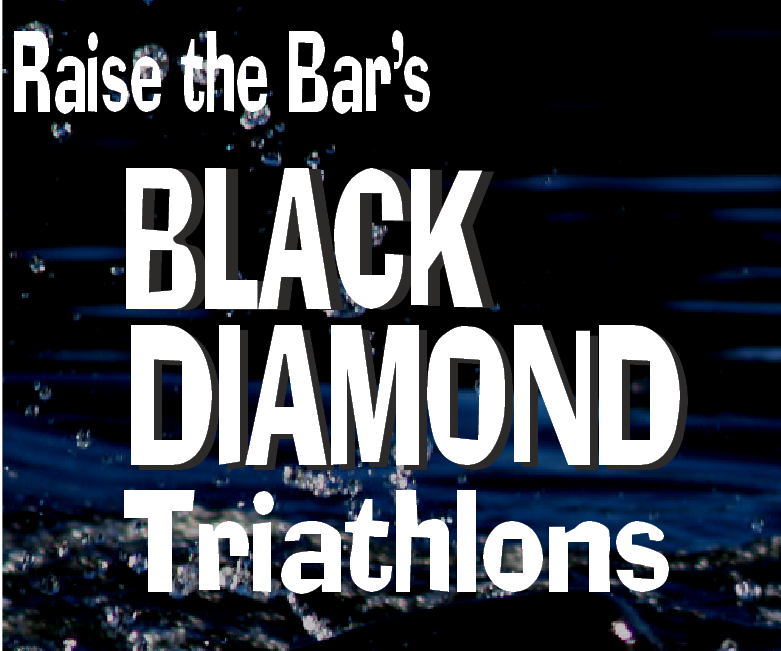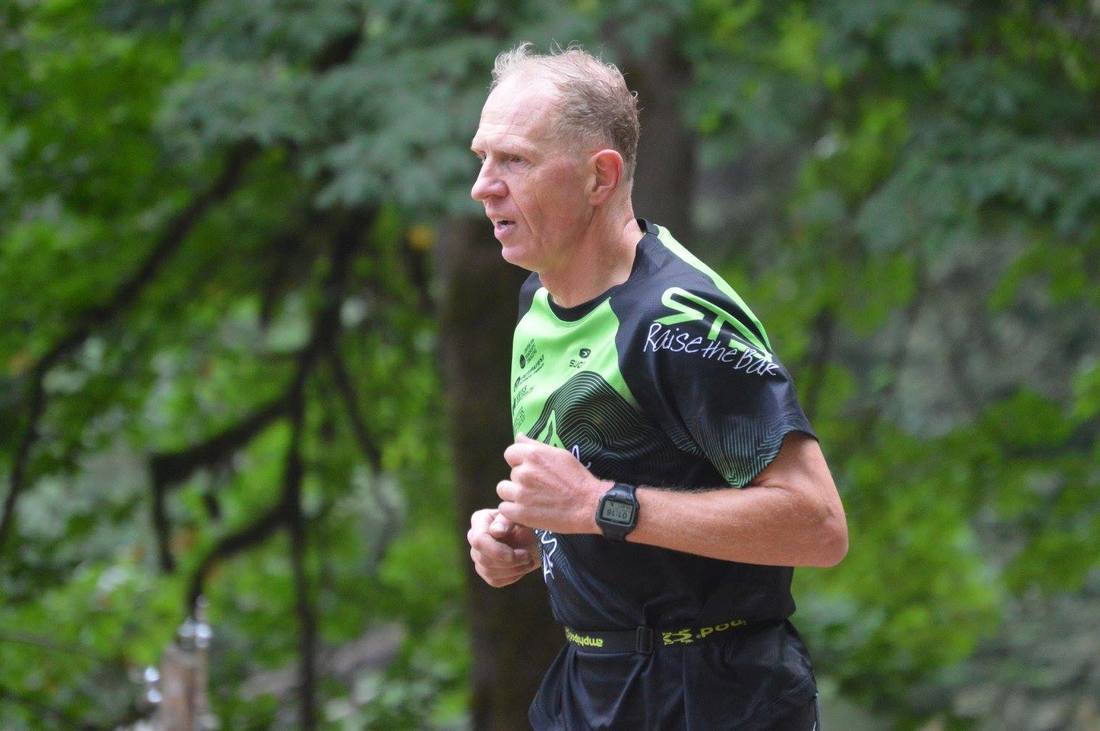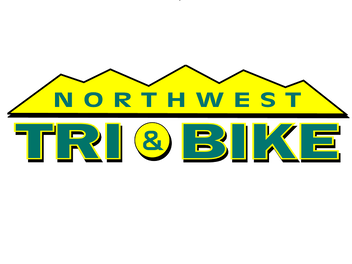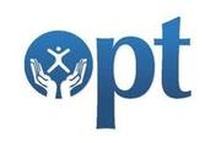 By Holly Pennington, PT, DPT/Outpatient Physical Therapy Rotator cuff, Iliotibial band, Patellar tendon, and Achilles tendon: What two things do these body parts have in common?
Aptly named the “cord of Achilles” after a Greek war hero who was believed to have one vulnerable heel after his mother dipped the rest of his body in a river to coat him in invincibility, the Achilles is the thickest tendon in the body and one of the most common sites of rupture. 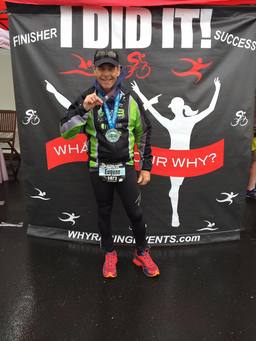 Eugene Partridge, a 30-year triathlon veteran and Raise the Bar (RTB) team member, was cycling at mile 88 during the 2013 Coeur d’Alene training camp in 2013 when he sustained a flat tire - and more. After stopping to repair the tire in cool weather, he felt his left Achilles tendon stiffen. When he climbed back on the bike, the tendon ruptured. Eugene recalls Kathy Morrisson stopping to check on him; he told her that he was “fine” and could complete the ride. After two weeks and “lots of denial,” he saw his podiatrist. Due to the palpable hole in the Achilles tendon, the doctor did not have to do an MRI to diagnose the rupture. He received the news that surgical repair would be needed, followed by physical therapy. Surgery coupled with months of rehabilitation can seem like a triathlete’s worst nightmare. But, Eugene shares a different perspective: HP: How many years post-physical therapy are you now? EP: I am three years post-surgery. I am competing at a high-level for my age; I am arguably a better swimmer and a better cyclist than I had been prior to my injury. My left Achilles tendon is 100% pain-free. HP: How is your triathlon training going now compared to pre-injury training? EP: I had been running on a sore Achilles tendon since I was 10 years old. I am 100% pain-free now, thanks to physical therapy at Outpatient Physical Therapy. I am very diligent in my core exercises to prevent other lower extremity injuries. HP: How did you stay fit while you were injured/recovering and unable to train as usual? EP: During the acute phases, of surgery and post-surgery in physical therapy, I mostly stretched. I cut my caloric intake in half. I learned I could cycle around the neighborhood with one leg, I could also do elliptical with one leg. I did a lot of stretching, a lot of core exercises and too many push-ups to count. HP: Do you feel PT sped up your return to training/competing? EP: There is no doubt that physical therapy sped up my recovery. The physical therapist and the physical therapy assistant helped me to understand that I needed to rehab not only my injured side, but also my non-injured side. To succeed, I needed to be symmetric: the exercises on my injured left side were always expected to carry over to the non-injured right side. The therapist could always tell if I was or wasn't doing the exercises at home. 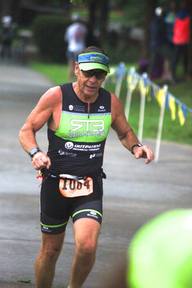 HP: What did you learn in physical therapy that may be applicable to other RTB triathletes? EP: Outpatient Physical Therapy seems to understand that all people, whether triathletes or homebodies, are in one way or another athletic. The physical therapist and physical therapy assistant not only treat your injury but are interested in the whole person: your family, your job, your life at home. They understand your goals. Initially I just wanted to be able to walk again - let alone run, cycle or swim. I am very fortunate to have found Outpatient Physical Therapy to help me with my rehab. My outcome, considering the severity of my injury, was exceptional because of their dedication to me. I was pushed much harder than I expected, I left each session rather spent, for my own good. HP: What advice would you give other RTB triathletes about choosing a Physical Therapist? EP: If you have an injury, and it's not resolving with rest, and you're running cycling or swimming with pain, by all means stop in at Outpatient Physical Therapy. They can help keep the situation from getting worse, they can better understand how your form or lack of it is adversely affected you, and they can correct your deficiencies and make you a better athlete. The goals of therapy are to reduce pain, improve movement in motion, maintain stability, and improve function. At the root of their therapy, however, and almost as important is the mental aspect: they care about you and treat you as an individual. For Eugene, the best part of competing with RTB is the people and friends he meets along the way. He also enjoys the mental aspect of the sport and says, “in order to have a successful race, you must stay focused, always planning the next phase of the race.” Now that you know the triathlete’s four most vulnerable body parts and Eugene’s story, what’s the next phase of your race? If you suffer from training-related pain or discomfort, even if it “isn’t that bad,” talk to your doctor or call Outpatient Physical Therapy (OPT) to schedule a free injury screen at any of our 7 south Puget Sound locations: www.outpatientpt.com
0 Comments
Your comment will be posted after it is approved.
Leave a Reply. |
Raise the BarRace reports, upcoming events, news, and more, from RTB. Archives
September 2023
|
 RSS Feed
RSS Feed
